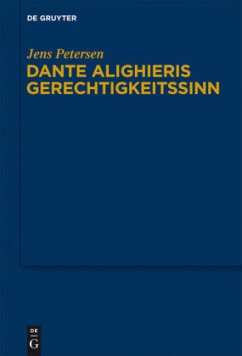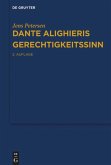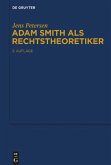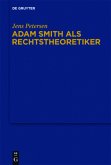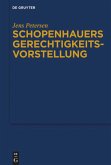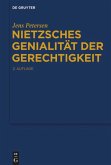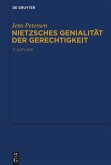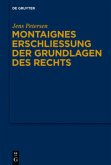Dante's Divine Comedy is one of the most important works in the history of world literature. Although the theme of justice is of central importance in this work, studies of its content from a philosophy of law perspective have been thus far primarily conducted by researchers of Romance languages and literature rather than by legal experts. This is especially surprising considering the fact that Dante's Monarchia, which was produced at the same time, is considered one of the most important creations of the High Middle Ages in terms of the philosophy of law. This study examines Dante's sense of justice as reflected in the Divine Comedy under consideration of his main work regarding the philosophy of law.
Dantes 'Göttliche Komödie' gehört zu den bedeutendsten Schöpfungen der Weltliteratur. Obwohl das Thema der Gerechtigkeit dort von zentraler Bedeutung ist, haben es bislang eher die Romanisten als die Juristen unternommen, den rechtsphilosophischen Gehalt der Dichtung zu ermessen. Das ist insofern überraschend, als Dantes wohl zeitgleich entstandene 'Monarchia' zu den wichtigsten rechtsphilosophischen Entwürfen des Hochmittelalters gehört. Die vorliegende Studie untersucht daher den in der Göttlichen Komödie zum Ausdruck kommenden Gerechtigkeitssinn Dantes unter Berücksichtigung seines rechtsphilosophischen Hauptwerks und seiner anderen Werke.
Dantes 'Göttliche Komödie' gehört zu den bedeutendsten Schöpfungen der Weltliteratur. Obwohl das Thema der Gerechtigkeit dort von zentraler Bedeutung ist, haben es bislang eher die Romanisten als die Juristen unternommen, den rechtsphilosophischen Gehalt der Dichtung zu ermessen. Das ist insofern überraschend, als Dantes wohl zeitgleich entstandene 'Monarchia' zu den wichtigsten rechtsphilosophischen Entwürfen des Hochmittelalters gehört. Die vorliegende Studie untersucht daher den in der Göttlichen Komödie zum Ausdruck kommenden Gerechtigkeitssinn Dantes unter Berücksichtigung seines rechtsphilosophischen Hauptwerks und seiner anderen Werke.

